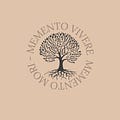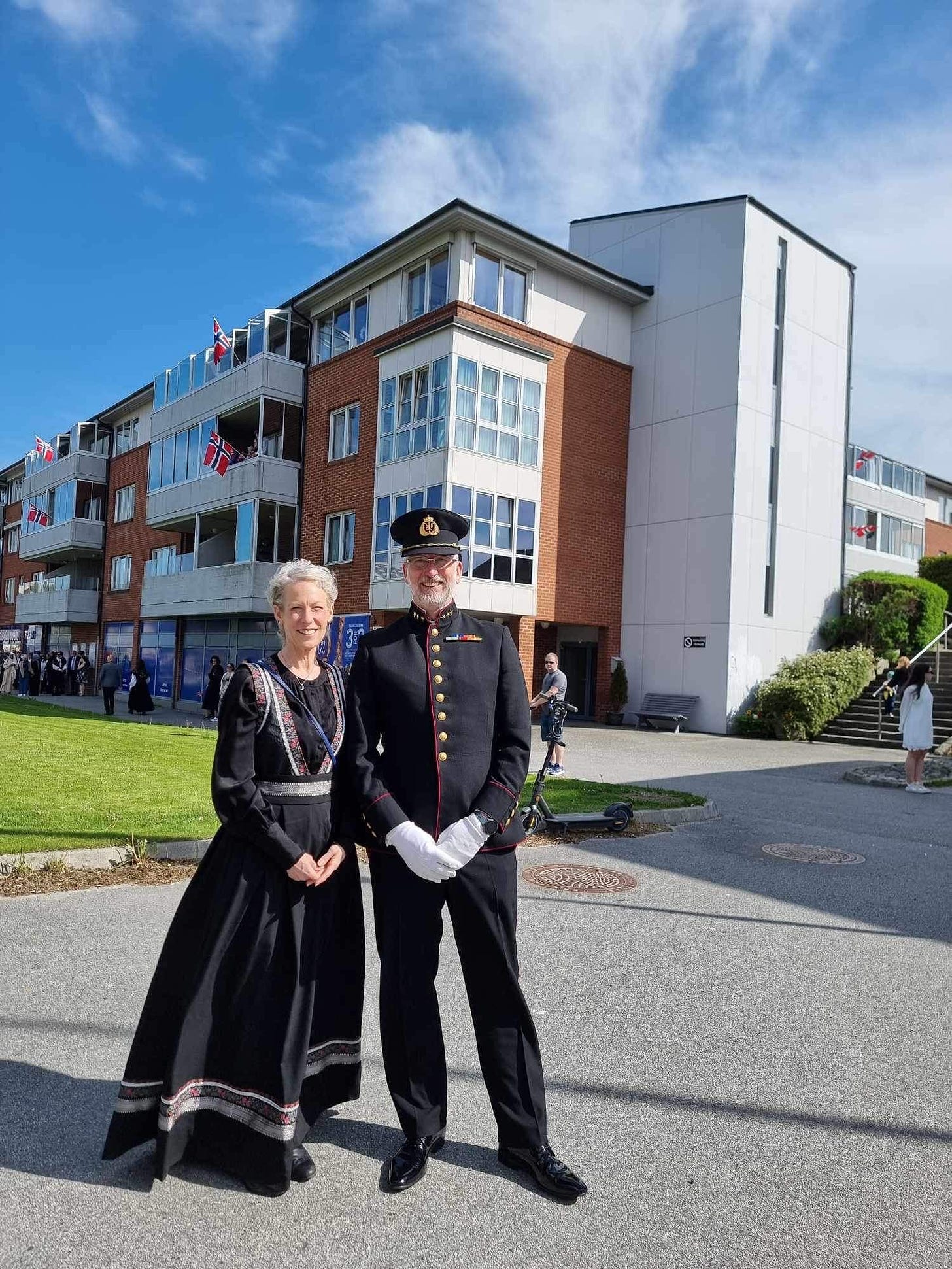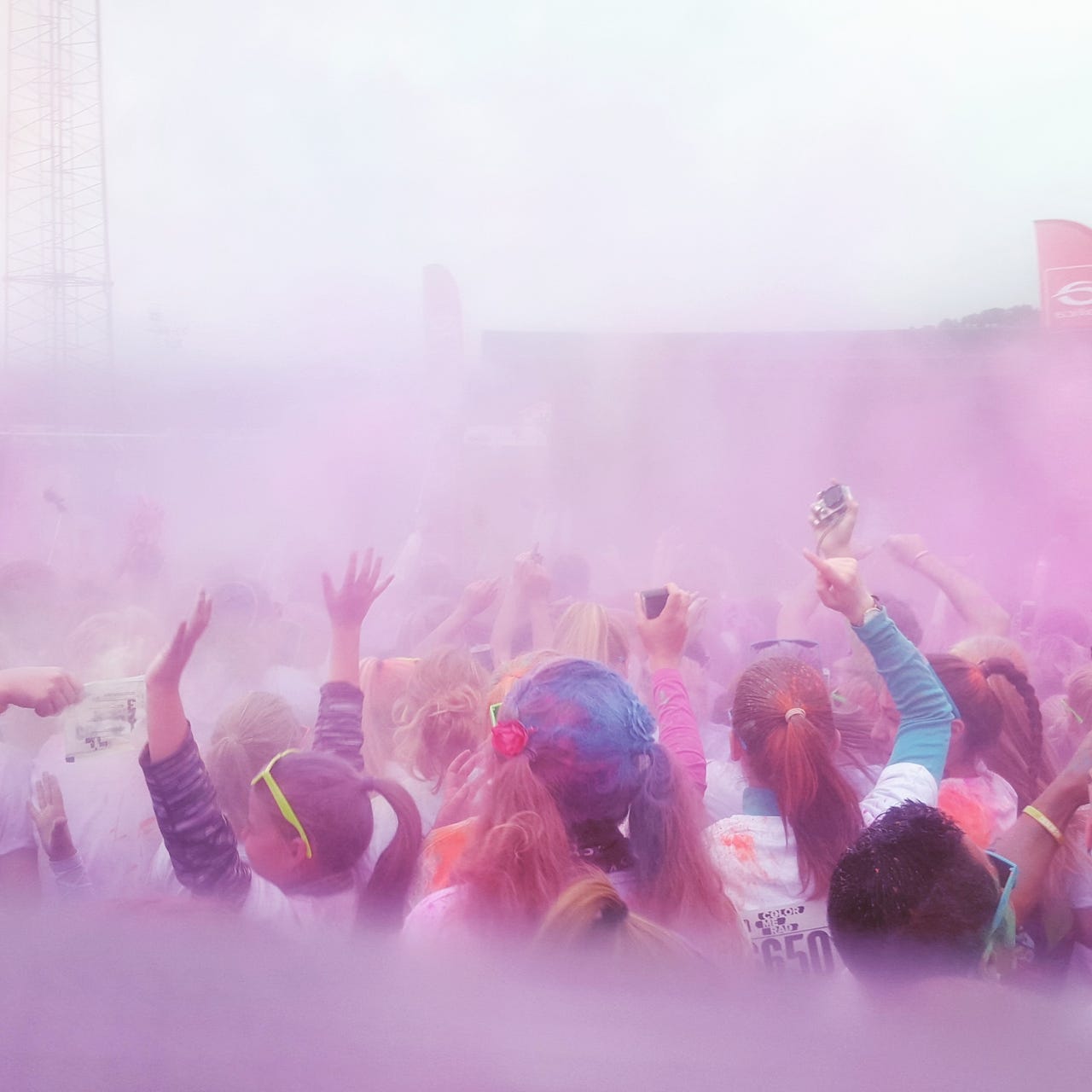Words that Nudged History
Sarah Margaret Fuller (Ossoli) was born this week in 1810, on May 23th. In her forty years, she marked history as the first American female war correspondent, and the first woman allowed access to Harvard’s library. She was a translator, journalist, poet, editor, and book reviewer. After her death in an shipwreck, which also claimed the lives her her husband and son, her reputation took a hit from unexpected sources. Sophia Hawthorne, the painter and wife of Nathaniel Hawthorne said of Fuller, “[…] Margaret speaks of many things that should not be spoken of. Fuller’s one-time friend, the social theorist Harriet Martineau also posthumously criticised Fuller for being “more of a talker than an activist.”1
However, in the years following her death, feminists such as Susan B. Anthony held Fuller up as an inspiring figure. Fuller’s book Woman in the Nineteenth Century (1845), is considered to be the most important feminist work since Mary Wollstonecraft's A Vindication of the Rights of Woman (1792).2
Dear Reader,
This past Friday was Norway’s Constitution Day. As an immigrant, it always stirs up conflicting feelings, and a hyper-awareness of the complex, and potentially negative aspects cultivating a “national identity”. Last year I finally invested in a “festdrakt”, or party costume, which is a relaxed version of the national costumes that have been waxing and waning in popularity since the 1930s. Not all Norwegians are aware that the designs of the “bunad” are actually based on other European clothing designs and aren’t a kind of throw-back to the late Viking period. (The history of the aboriginal Sami national dress is another thing altogether.) My dress is a vest and skirt combination dress, with no regional symbolism. It’s made of wool.
Most years May 17th is cool, usually drizzling, and the wool clothes are wonderful to wear when you’re watching the children’s parade, followed by the high school graduate’s parade, followed by the “people’s parade.” If you live in Stavanger, you can watch skydivers, while you eat cheap hot dogs and drink beer.
I pointed out that my dress is made of wool because this year was the warmest 17th I’ve ever experienced here.
24 Celcius.
In wool.
The children’s parade passes by our house early in the morning. The residents of the nursing home across the street are helped out to the sidewalk by the nurses, and the corps stops and plays specifically for them.
Parades always make me cry. (I said my feelings were conflicting).
Later we went to visit his mother, who watched the flag-waving children pass by from her balcony. She reminisced about her days as a telegraphist, traveling through the Panama canal and down along the western coasts of South America. We’ve heard the stories before, but every time she tells them there’s a new perspective, a new detail. A deeper sigh from her.
We drove in to the city to meet up with my youngest son and his wife, and crash the in-law’s garden party.
Still 24 Celcius.
So we went home and changed clothes and headed to the beach. I don’t think there’s much more life-affirming for me than running barefoot along the beach. Everything else slides away for a moment. It might be that, in the future. some of the things I fear will touch my body—will become real in a way that concepts, and even conversations, aren’t. But in the moment, the sand’s rough drag on my moving feet is thing that is most real.
I watch for the birds. The terns are nesting, and the conservationists have put up poles and tape to keep us away for this part of the season. Terns don’t understand the literal lines in the sand, and a few years ago one drew blood from E.’s scalp—even though we respected the yellow tape. Now we make an even wider circle around those dunes.
Climate change is never far from my mind.
In 1918, Jacob Røvrvik (who grew up here in the Rogaland district) directed a short film called Apocalypse. Yesterday I thought about the film again. Probably because it was filmed on the one of the beaches I run on. Probably because of the dead seagulls I dodge when I do.
A young woman in the film asks the others, “Does it feel real yet?”
And a young man answers, “No. It’s weird.”
(content warning: cutting)
Another line from the film is, “I wasn’t afraid of dying. I was afraid of not getting to tell my story.”
I am wondering if that is what we all feel when we are faced with death, and whether we are reaching a moment when we will become aware of a collective story in a way haven’t been in living memory?
Or does the thought of extinction rise and fall in our collective consciousness because we can’t survive holding onto the thought?
I once knew, but forgot that the word apocalypse actually means unveiling or revealing, not ending.3
An article in Daily Art Magazine4 talks about how painters’ depictions of the apocalypse shifted from biblical to a more general fear of annihilation, and asks, “What if the meaning of ‘apocalypse’ were even further extended, including real disasters like wars?” But I’m asking you: Isn’t this a narrowing of the definition?
In the film, one of the young women talks about apocalypses happening all the time, “to someone else”. In a long poem in my book mixed states (1999), I wrote:
Oh, baby, it’s how the mystics make their living:
Every moment brings somebody
the Apocalypse.
From a personal scale, to the cultural, to the national, to the global…
But what if we can see the coming global apocalypse as a revealing, accept it now as “real”, and meet it with healing intentions?
What if we can Kiss the Earth?: Join
I have to admit that this in my “backyard” 👇 makes it easy for me.
If I may once again plug for my new project, and ask you to spread the word: 1 in 8 women have or will be diagnosed with breast cancer. The writing isn’t therapy, but it is therapeutic.
As always, I hope these sparked some ideas, and I welcome your thoughts.
Have a great week!
Warmly,
Ren Powell’s Acts of a Recovering Drama Queen
Writing against Melodrama by Engaging with the Natural World
❧ Beetles & Bombs | Poetry & Plays ❧
Published three times a week:
Sunday Shares, Tuesday’s Process Journal Essays, and Thursday’s Poem.
A word about paid subscriptions.
At this time, I’m not trying to earn a living with newsletters. I pledge I will pay forward every subscription I get here on Substack. (Up to 100 subscriptions).
By choosing a paid subscription, you would essentially be giving three gifts in one: I get confirmation that my writing is valued. I get access to read great, inspiring work of my own choice. And another writer on substack gets money to support their work.
I hope you’ll think about it.
Give some love. All it takes is a little ❤️.
https://en.wikipedia.org/wiki/Margaret_Fuller
Ibid.
https://www.dailyartmagazine.com/apocalypse-art/
Ibid.











“I wasn’t afraid of dying. I was afraid of not getting to tell my story.” This was exactly how I felt during my attempts.
I loved your very personal view of 17 mai. When we lived out there, I always felt very conflicted, too, and some days it felt more like a duty than a want. Now, of course, I miss it, miss seeing M in her bunad. And I never got round to getting one for myself (though that's a blessing because the Oestfold men's bunad isn't great).